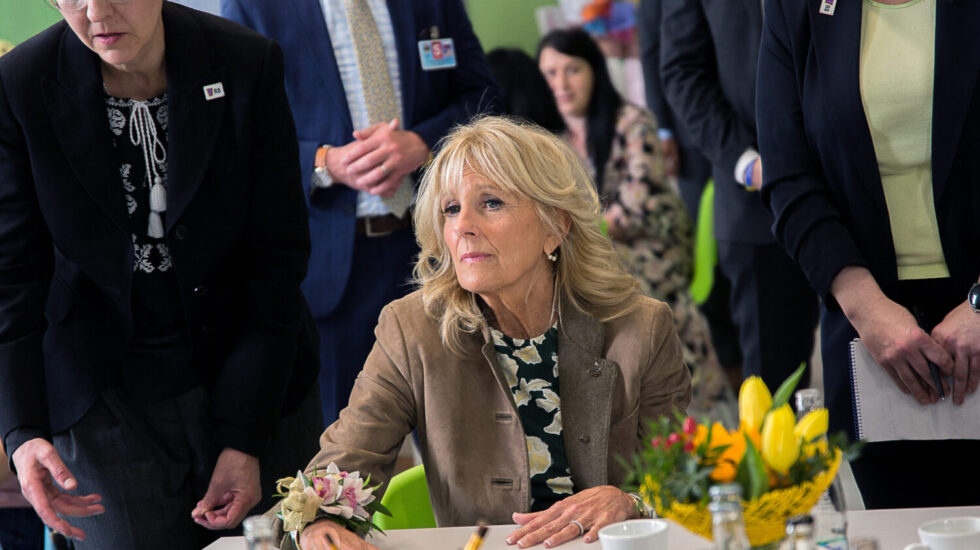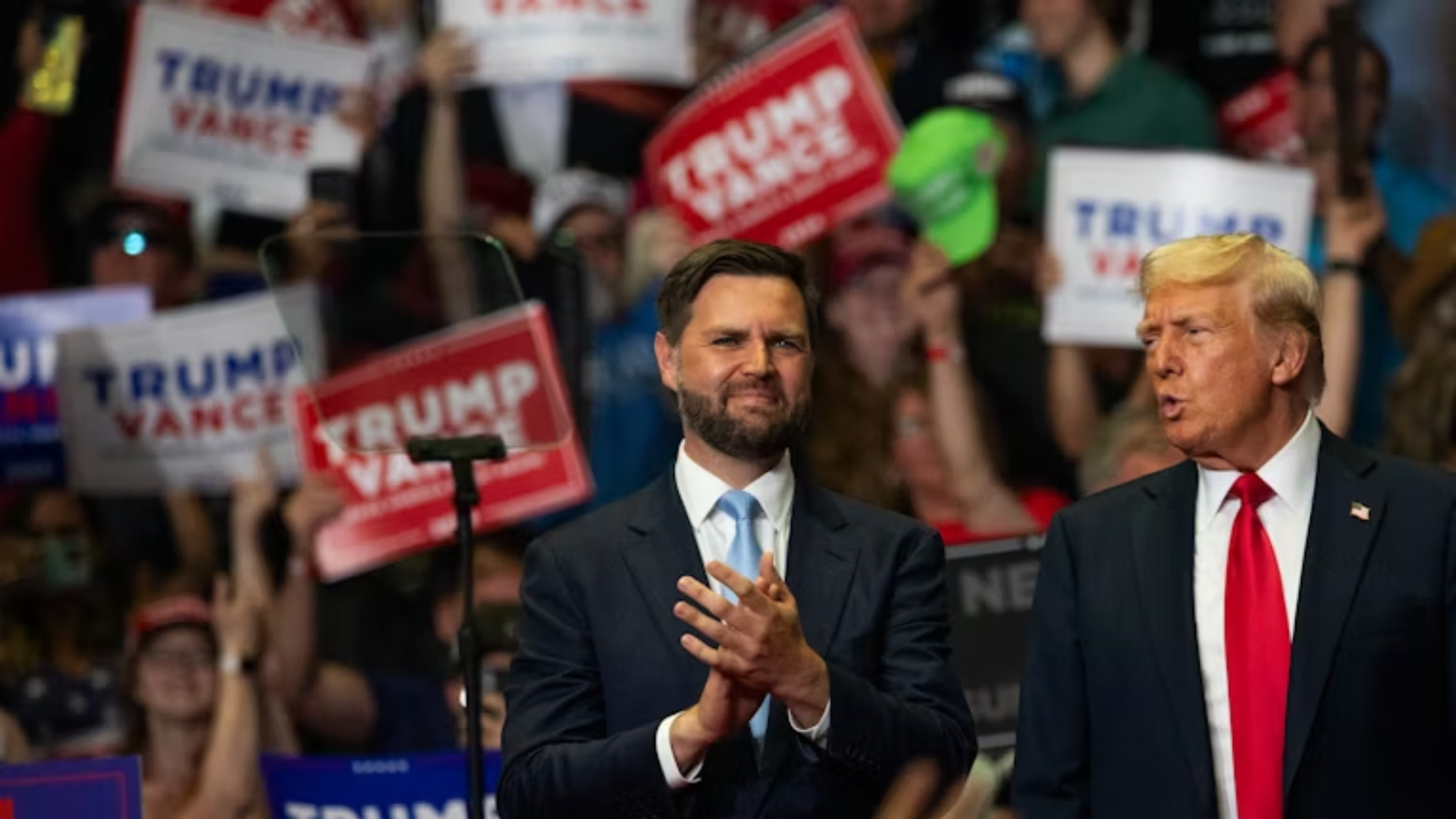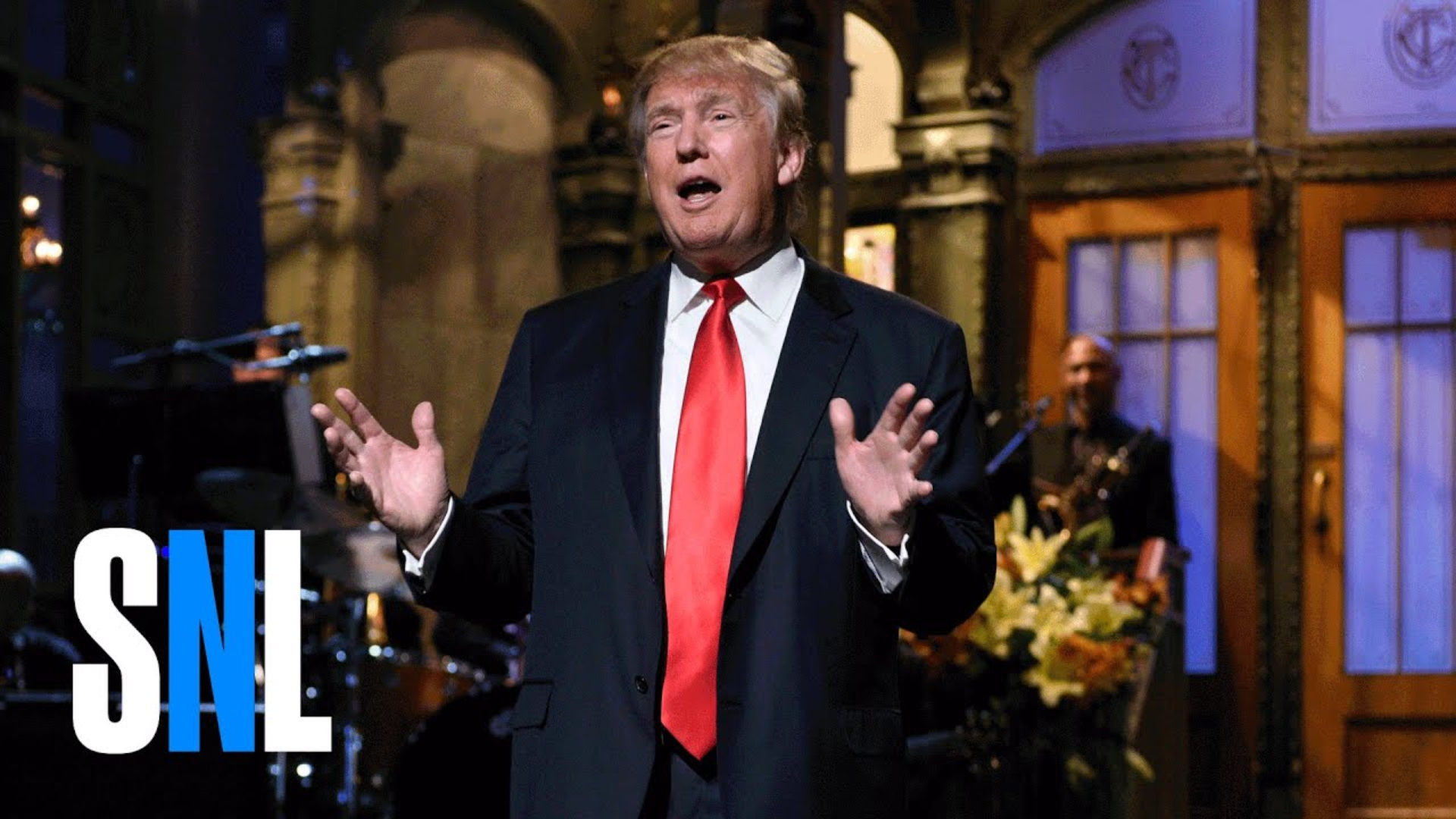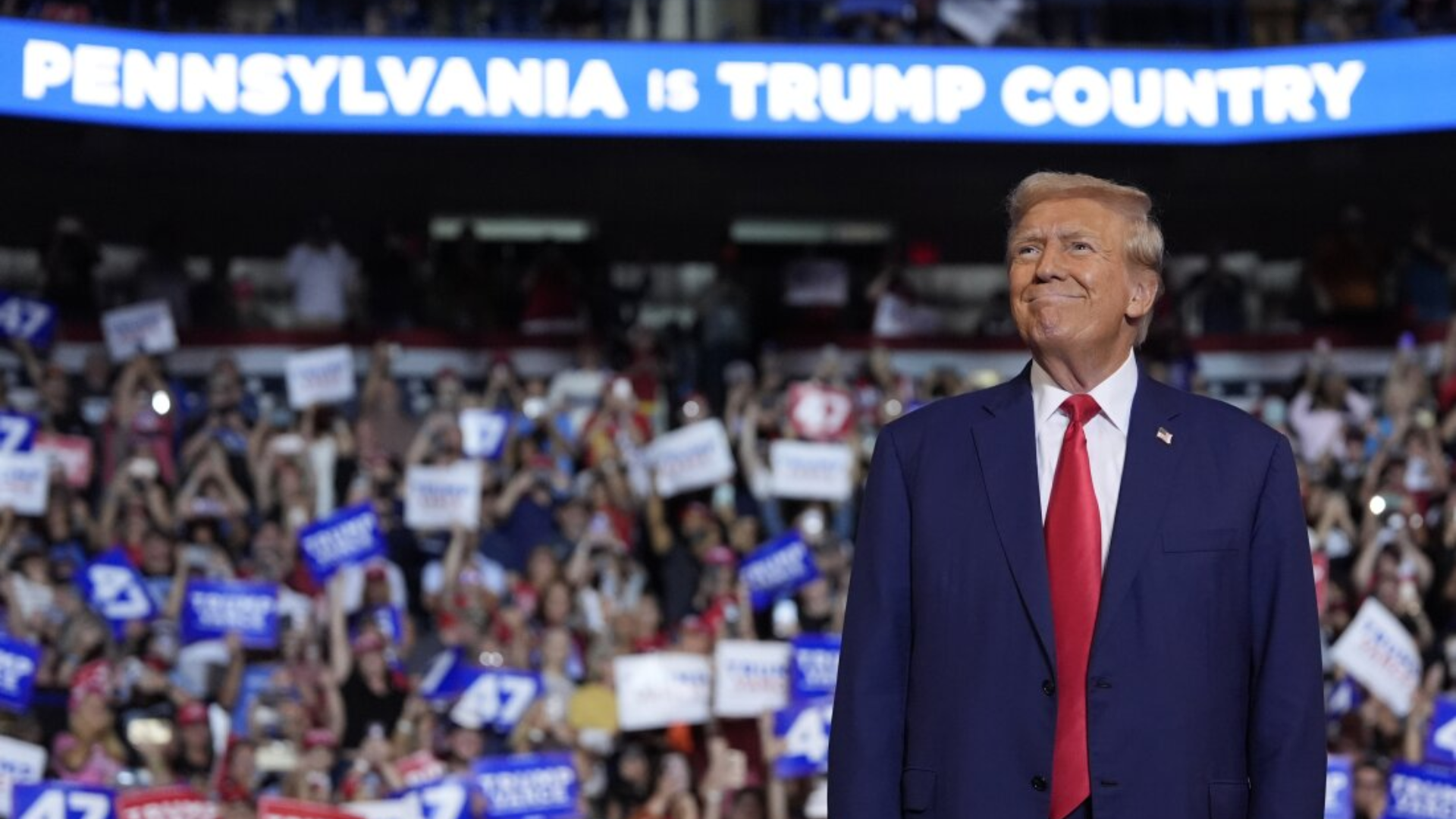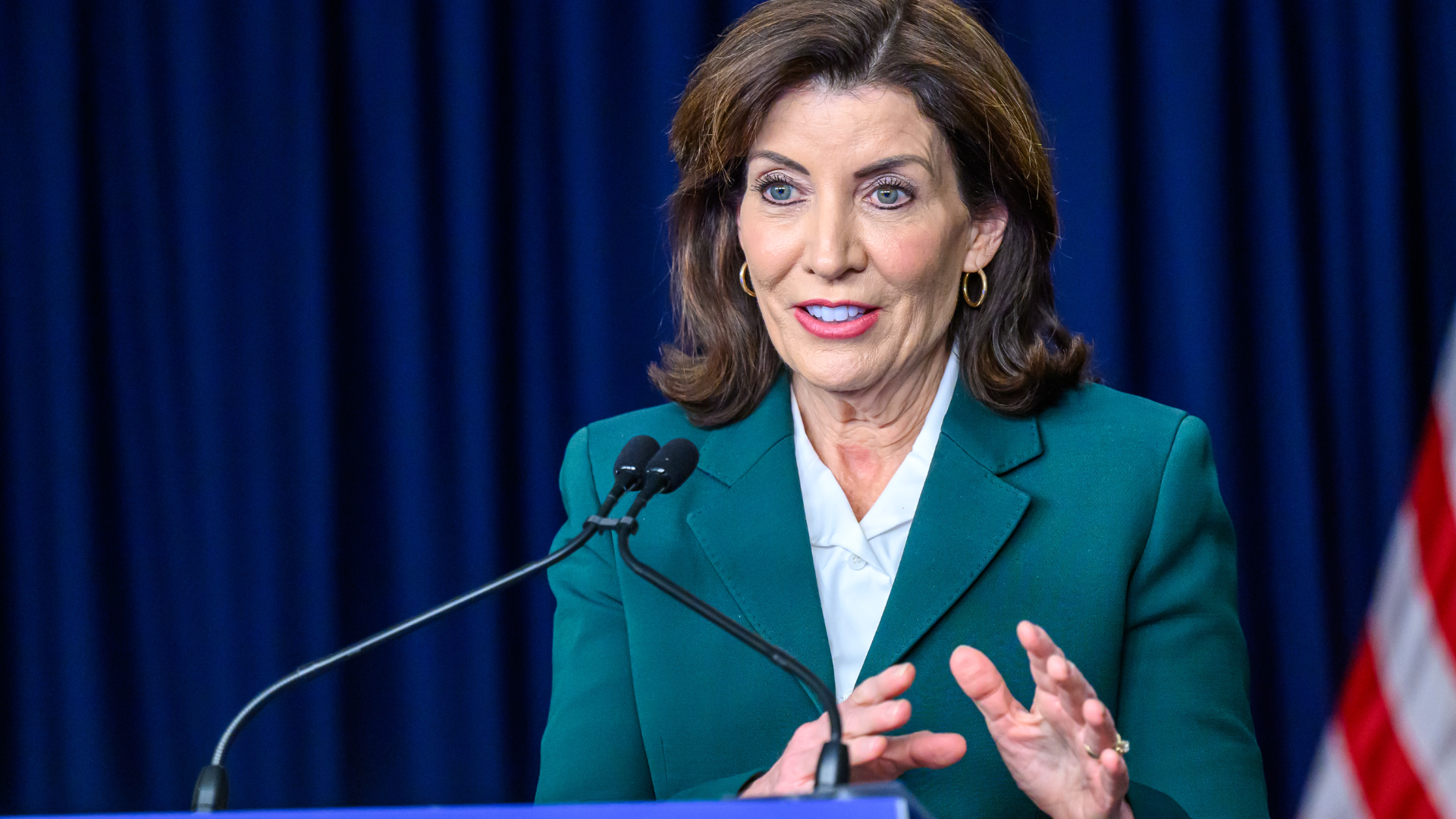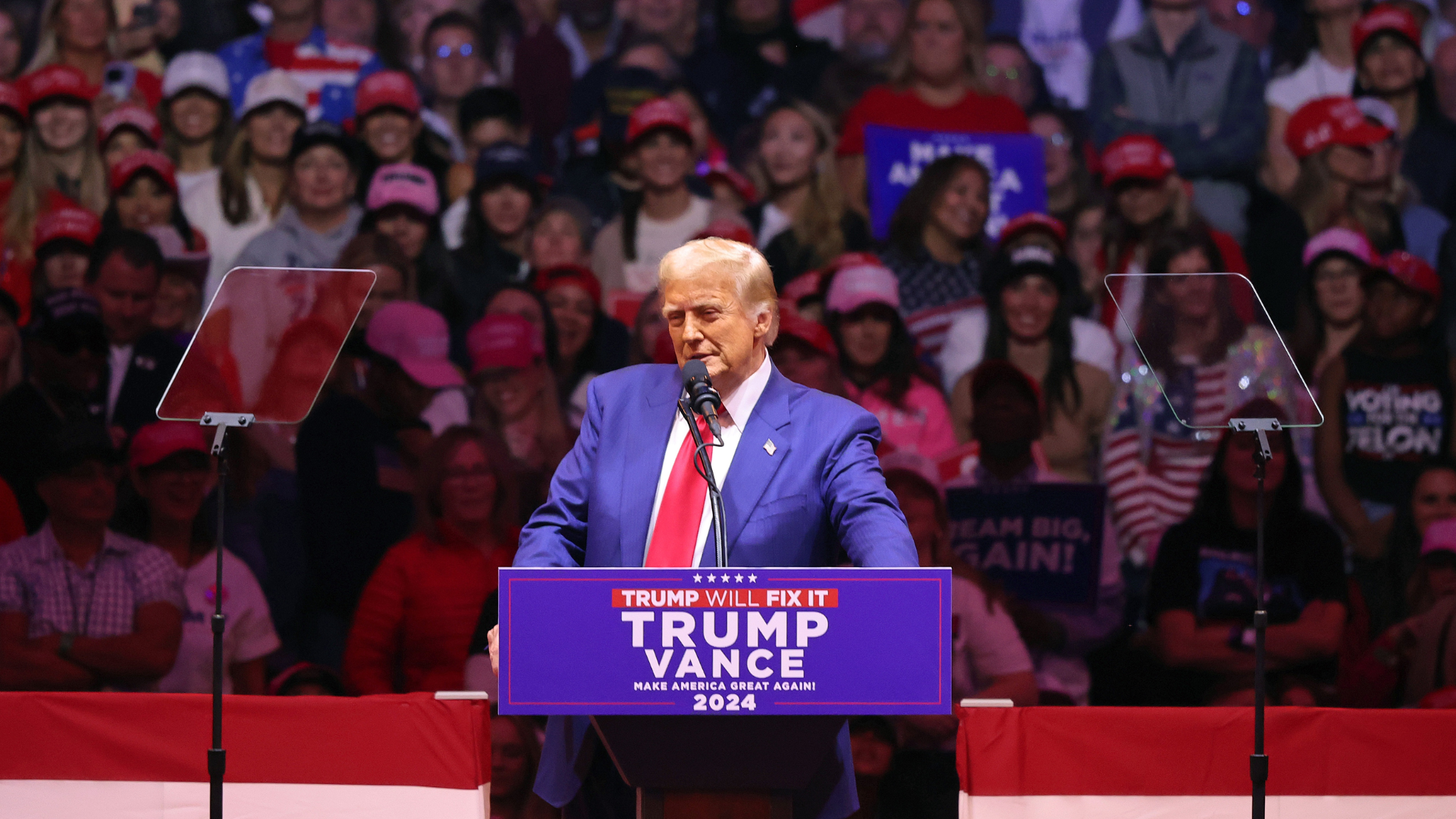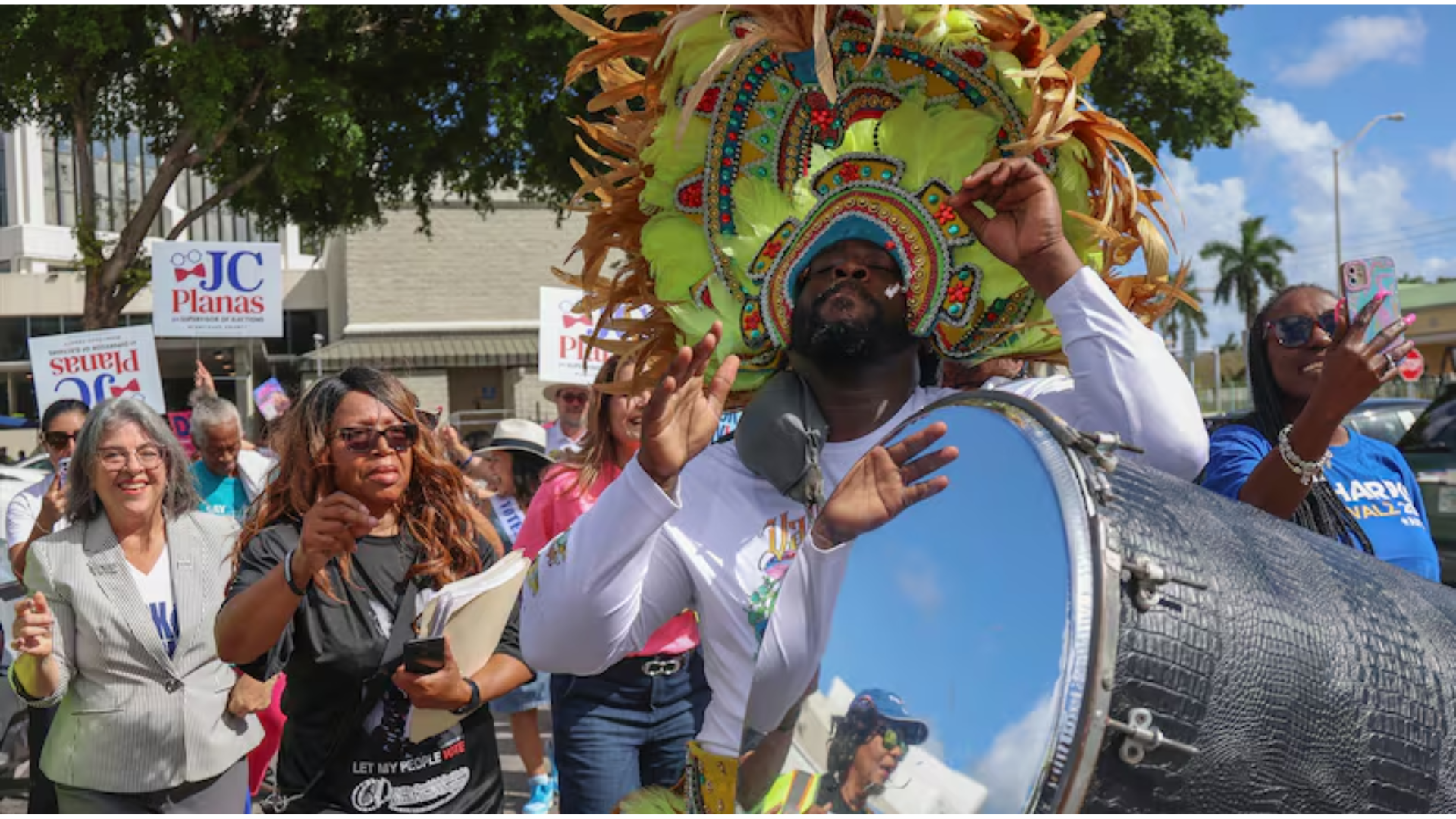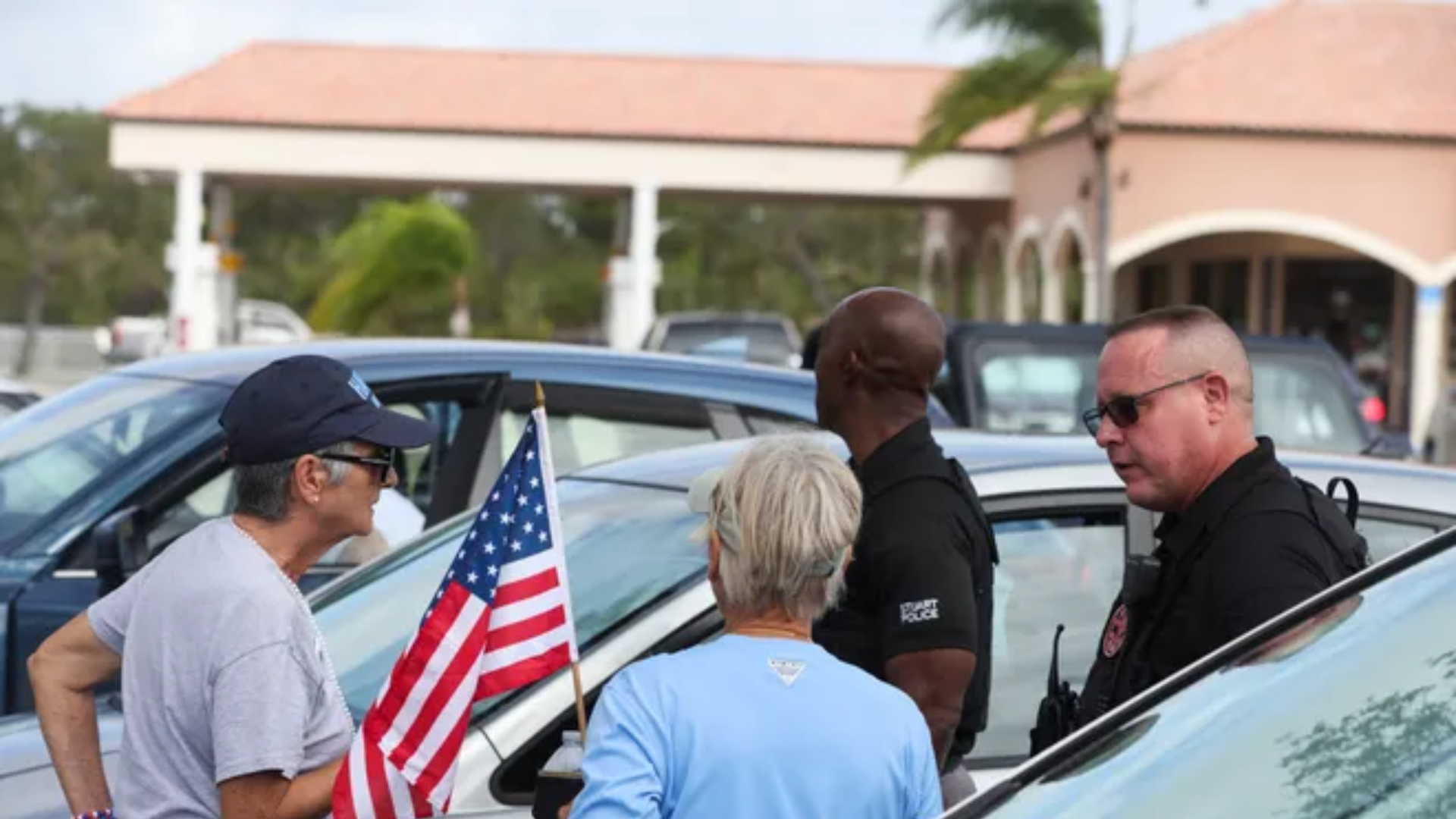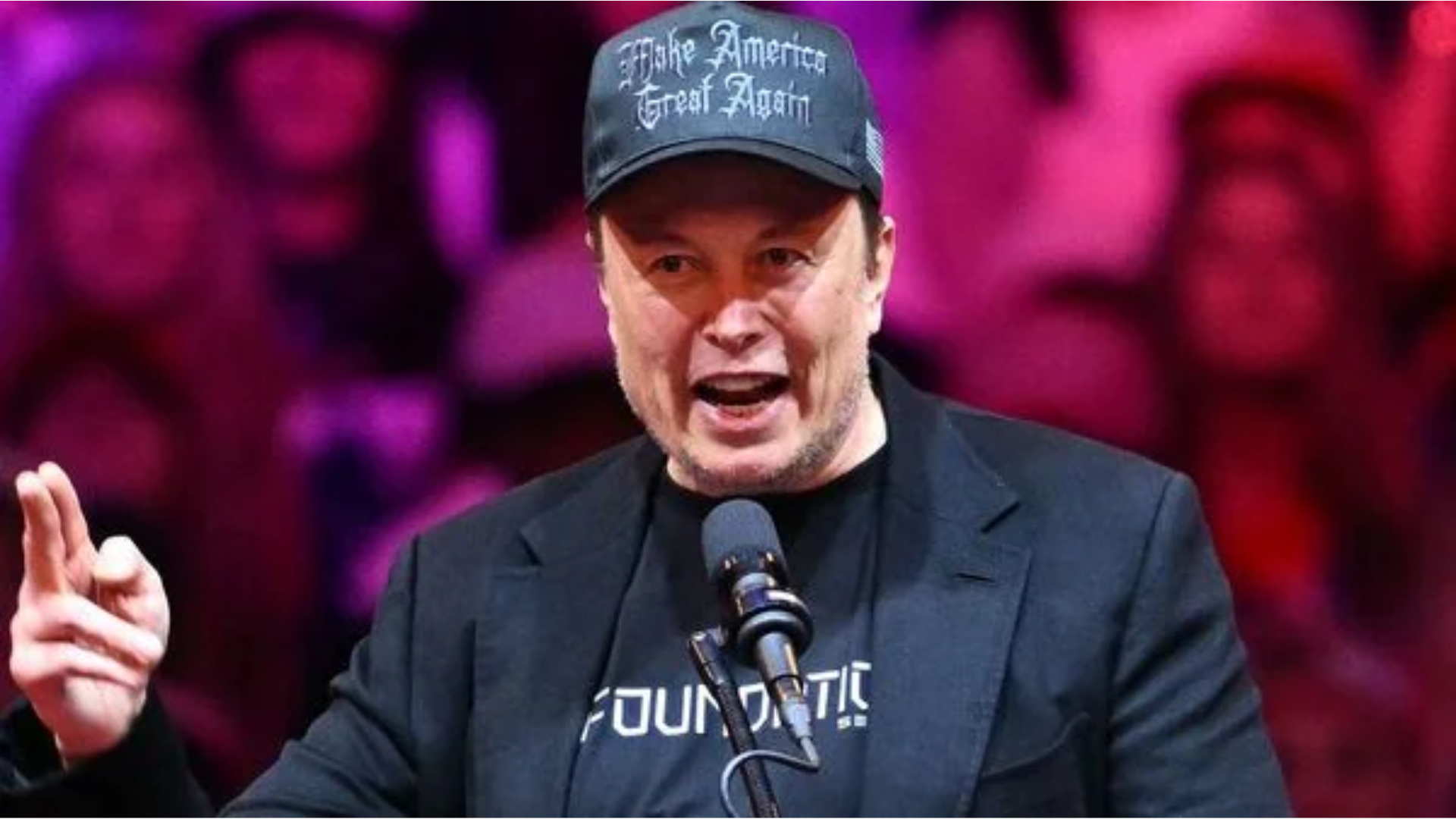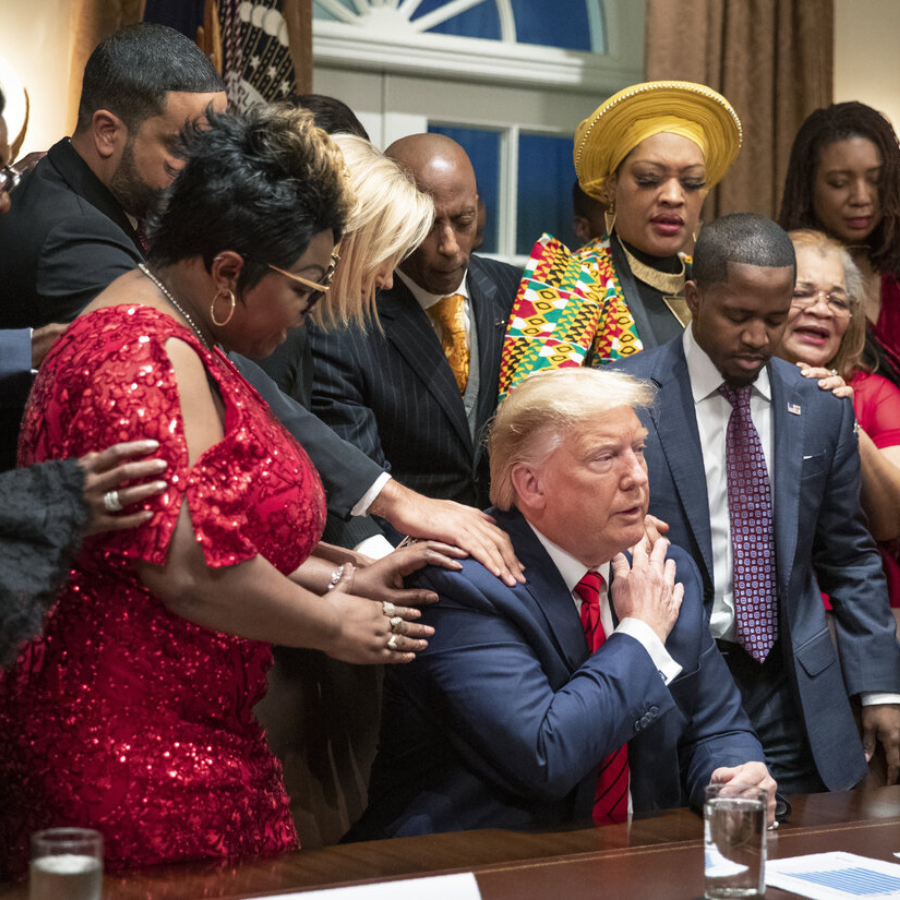
Former President Donald Trump is intensifying efforts to appeal to religious voters as he heads into the final stretch of his campaign. From courting White evangelicals, a reliable Republican voting bloc, to reaching out to Muslim and Arab American voters in Michigan, Trump is mobilizing faith-based communities across the country to secure votes.
In July, Trump survived an assassination attempt at a rally in Butler, Pennsylvania, where one supporter was killed. Trump and his allies attributed his survival to divine intervention, reinforcing his narrative to religious audiences that he is being guided by a higher purpose. This narrative has since played a significant role in his pitch to religious voters. Trump frequently emphasizes his commitment to protecting religious freedoms and highlights his appointment of three conservative justices to the U.S. Supreme Court—appointments that led to the overturning of federal abortion protections, a major point of support among conservative Christians.
Trump is scheduled to speak at a National Faith Advisory Board summit in Georgia, where he is expected to discuss his stance on religious liberties and reiterate his commitment to policies that align with faith-based values. This event aims to reinforce his support among Christian conservatives and bolster voter turnout in key states.
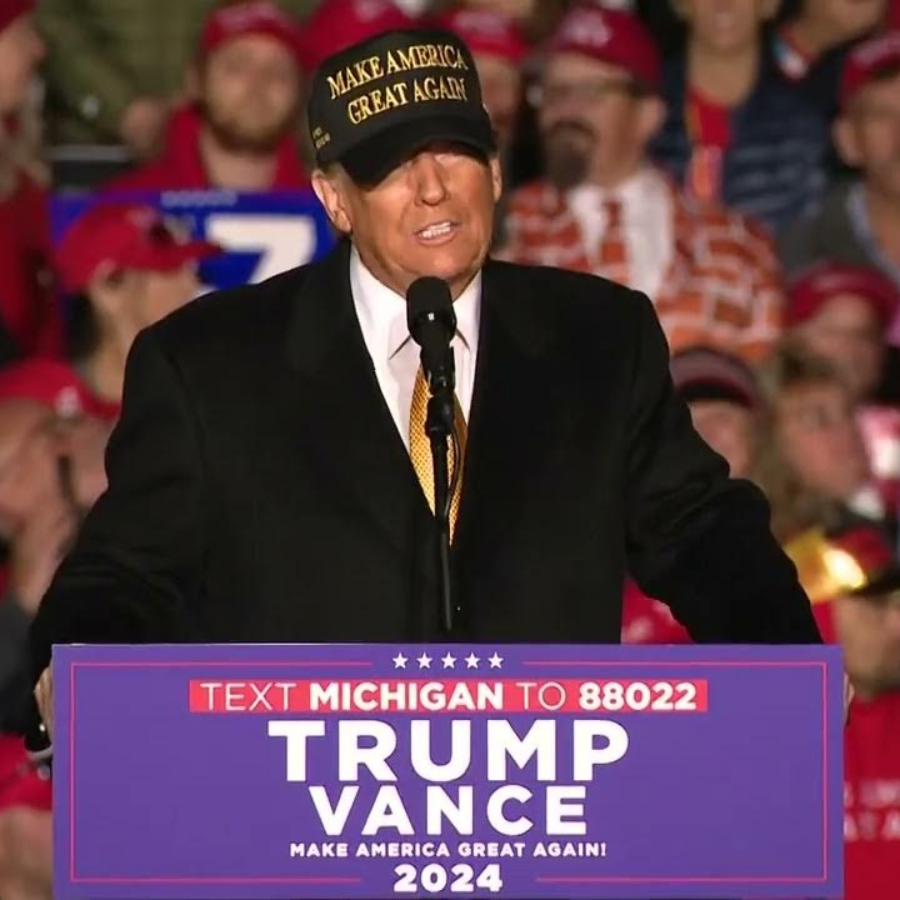
In Michigan, Trump is broadening his reach by seeking support from Muslim leaders. The state has a sizable Muslim and Arab American population, many of whom feel alienated by the Biden administration’s approach to the ongoing conflict in Gaza. Trump invited several Muslim leaders to join him onstage at a rally in suburban Detroit, signaling his efforts to connect with voters disillusioned by Vice President Kamala Harris and current U.S. foreign policy.
During his rally, Trump stated, “Jews, Catholics, evangelicals, Mormons, Muslims are joining our cause in larger numbers than ever before and now the most wonderful thing is happening. We’re winning overwhelming support from the Muslim and Arab voters right here in Michigan.”
Trump’s campaign outreach has sparked contrasting responses. While he leverages his influence over conservative policies, he has also criticized Harris, accusing her—without evidence—of being “very destructive to religion” during a recent address to a group of religious leaders in North Carolina.
With religion playing a central role in this campaign, Trump’s focus on faith-based communities reflects his strategy to consolidate support among diverse religious groups. By highlighting his record on religious freedom and Supreme Court appointments, Trump seeks to energize his base and expand his appeal among various faith groups, hoping these alliances will provide an edge as election day draws closer.
